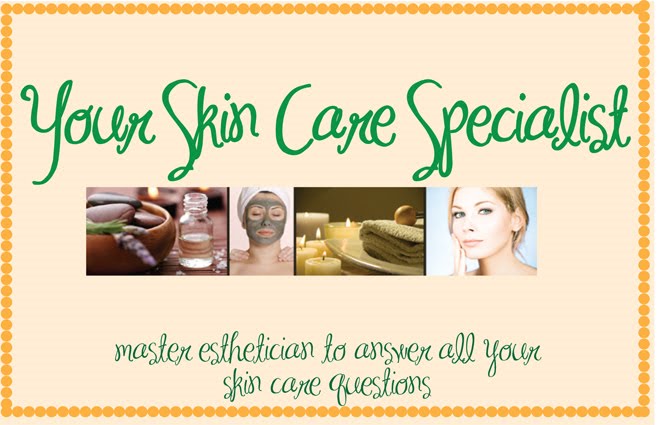
Several recent studies have shown pomegranate's ability to improve wound healing, resulting in faster repair of skin cuts and scrapes. It also appears to play a positive role in the repair of skin damaged due to exccesive SUN exposure and AGING. Extracts of pomegranate are thought to exert their positive effects on skin aging by extending the life of fibroblasts, the cells responsible for producing collagen and elastin.
Collagen and elastin are the components that give strength and support to the skin. When collagen and elastin fibers break down, the skin develops laxity, resulting in the appearance of wrinkles and jowls. Fortunately, pomegranate's skin benefits may help to retard this process.
One recent study showed that pomegranate seed oil stimulated the production of collagen, resulting in a mild thickening of the epidermis and dermis of the skin. It also appeared to prevent the breakdown of collagen fibers which are the harbingers of skin aging. This suggests that pomegranate oil may boost the ability of skin to repair itself by regenerating the supporting collagen structure of the skin.
Other studies have shown that pomegranate seed extract applied to the skin may reduce the formation of some forms of skin cancer, suggesting that its antioxidant capabilities may be responsible for some of pomegranate's skin benefits.
Although you can buy creams that have pomegranate extract in them, they tend to be rather expensive. A cheaper alternative would be to use a blender to make a thick paste from the seeds of the pomegranate which could be applied to the face. This would allow you to get pomegranate's skin benefits at a high concentration without purchasing an overpriced cream that probably has very small levels of the active ingredient. You can also use a cotton ball to apply pomegranate juice to your face after cleansing.
Pomegranates. In addition to thickening your epidermis (outer layer or skin) and helping to produce more collagen and elastin (what keeps your skin firm and springy), they contain antioxidants that seem to accelerate wound healing. They are also-
- Low in Saturated (BAD) Fat, Cholesterol and Sodium
- High in Vitamin C and Potassium
- Pomegranates are low in sodium and calories ( about 20 calories per ounce)
- They are also a good source of dietary fiber and vitamin B.
These fruits help you fight cancer. Pomegranate juice dropped systolic blood pressure in hypertensive people. It decreased blood sugar levels in animals.
Easiest WAY to EAT a POMEGRANTE (and I mean Easiest)...
http://emptyage.honan.net/mth/2007/10/how-to-eat-a-po.html
How to pick pomegranates- they are generally chosen for size; the larger the Fruit, the sweeter it will be. In choosing one, pick one that has a glossy sheen to the skin and also seems heavy for its size, as it will have more juice. The fruits are ripe when they have developed a distinctive color and make a metallic sound when tapped.



No comments:
Post a Comment